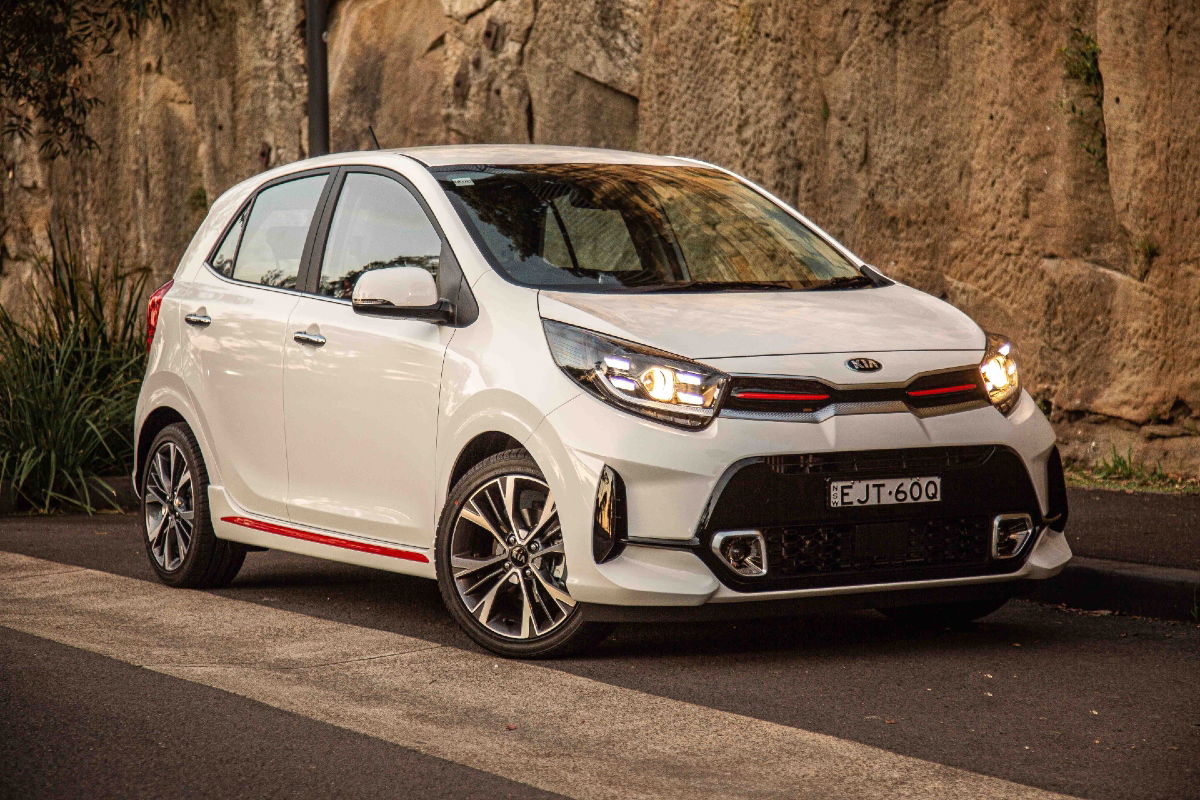
Just as Australia, and the world, needs more small cars, they’re becoming increasingly scarce in many markets, including here.
If there’s one sure fire way to reduce our carbon footprint and increase the overall efficiency of the resources that we extract from the ground, it’s to drive smaller cars. And yet, they’re fast becoming an endangered species.
First of all, let’s give you my definition of a ‘Small Car’ here in Australia. For me, it’s a Ford Fiesta, Hyundai i20, Mazda2, Toyota Yaris, Volkswagen Polo or a Mini.
It’s not a Toyota Corolla or Mazda3, and nor is it a so-called SUVs like a Ford Puma, Mazda CX-3 or VW T-Roc. Whatever classification the industry likes to give models such as these, they are not what I’d call real Small Cars. Some, like the Corolla, used to be small cars IMO, but no longer. They’ve all grown so much that they cannot be so classified these days.
Now let’s look at the market trajectory over the last 10 years, using my, RD, definition of a Small Car.
Essentially, since 2013, the number of Small Cars sold here has reduced by two-thirds. Their market share has gone from 12 per cent to 4 per cent in a decade. Moreover, the choice of Small Car models has halved. Today, the MG3 is easily the best seller in this part of the market here. But there’s nothing like the variety of models available that there used to be, more’s the pity.
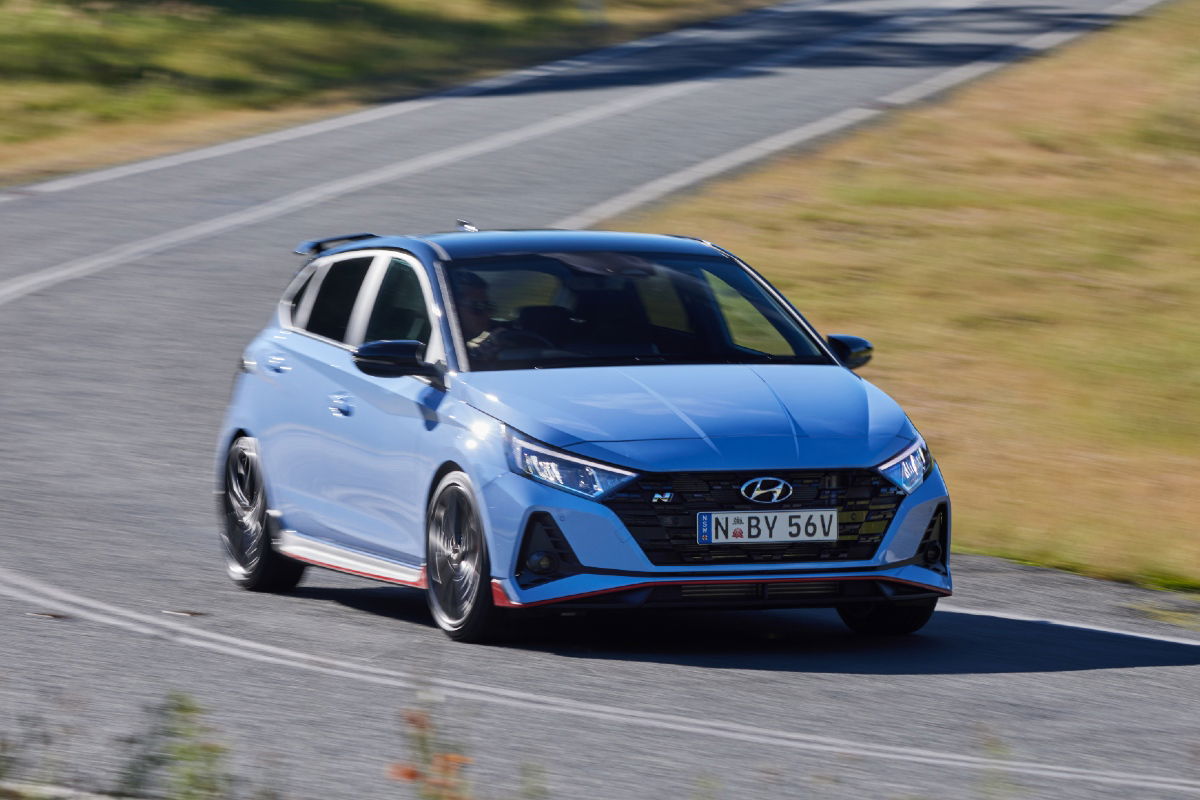
Manufacturers and importers have increasingly steered customers into bigger, and more profitable, models. But, when times are hard and fuel prices increase, these larger cars are not what many consumers need. So, if both Federal and State governments are serious about reducing the private transport derived carbon footprint of Australia, it’s my opinion that they need to be looking to incentivize the purchase of real Small Cars every bit as much as they are promoting the sale of electric vehicles.
Moreover, the added benefit of a Small Car is that it takes up less space on the road, takes up less space in car parks and causes far less wear and tear to our road network than larger vehicles, let alone the average, much heavier, EV. A Kia Picanto, for instance, weighs just over half as much as a Tesla Model 3. In the end, it would be a brave person who could honestly make the case for the full lifecycle carbon footprint of a Model 3 being less than that of a Picanto.
And a Small Car doesn’t have to mean a boring car. For those of us who like and enjoy cars, an incentivized market could mean that some of the model variety of the past returns to these shores. Of course, for many people I accept that their car is merely a transportation tool. But there’s room for both.
It’s clear that a centralized federal policy is needed to assist the car market in the transition to a more efficient future. That much is evident from the recent debacle whereby the Victorian State government got banged to rights by the High Court over their illegal EV tax. Just as there should be incentives for electrification, especially in urban areas, there needs to be properly considered incentives in other areas of transport.
For instance, ridding our cities and suburbs of highly polluting (and very visible) prime movers is one. And I’m talking noise pollution as well as tail pipe emissions. I see no policies around this issue.
But, especially given that there is no such thing as a cheap electric car on the market here, and nor is there likely to be any time soon, surely consumers who do not have the wherewithal to purchase $40k plus vehicles, should be encouraged to buy economical small cars with tiny carbon footprints?
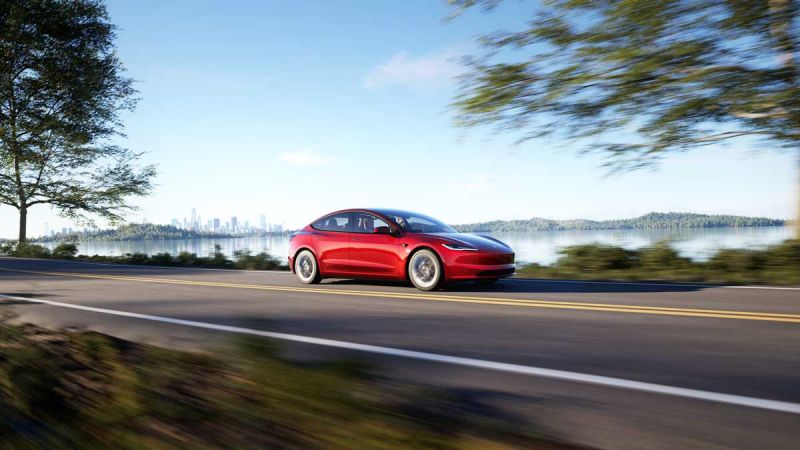
Am I enamored with the best selling Small Car, the MG3, being Chinese? No, but I realise that I have choices that many others don’t. On balance, for me, I think the car buying public should be encouraged to purchase these mostly (but not limited to) sub $20k small cars every bit as much as they should be encouraged to buy EVs.
I’d do this with a number of government incentives, rather than just cash on the bonnet. Here goes with some suggestions:
Underwrite a minimum trade in allowance of $2000 for any registered part exchanged car as long as it’s over 10 years old and is immediately and properly scrapped. Give all new Small Cars parking priority in urban areas including privately owned car parks. Enforce this with registration plates with a large coloured stripe on them. Reduce the actual registration fee (as opposed to insurance etc) on all new Small Cars to no more than $50 per year. I’d love to add to that list a “Small Cars only for school drop offs and pickups” policy… but I might get shot for that!
With these sorts of policies, there would also be a reduction in the numbers of old, less safe, more polluting, cars on our roads over time.
The bottom line is that the obsession with electric cars and incentivizing consumers to buy them without also recognizing other opportunities to reduce the overall transport derived carbon footprint smacks of short term politics rather than long term strategic planning.
The transition to an economy that uses fewer finite natural resources and makes those that we do use go further, needs more thought than just slapping some dollars on the bonnet of every EV. And, in my book, the real Small Car can play an important, and currently unrecognized, role in this.



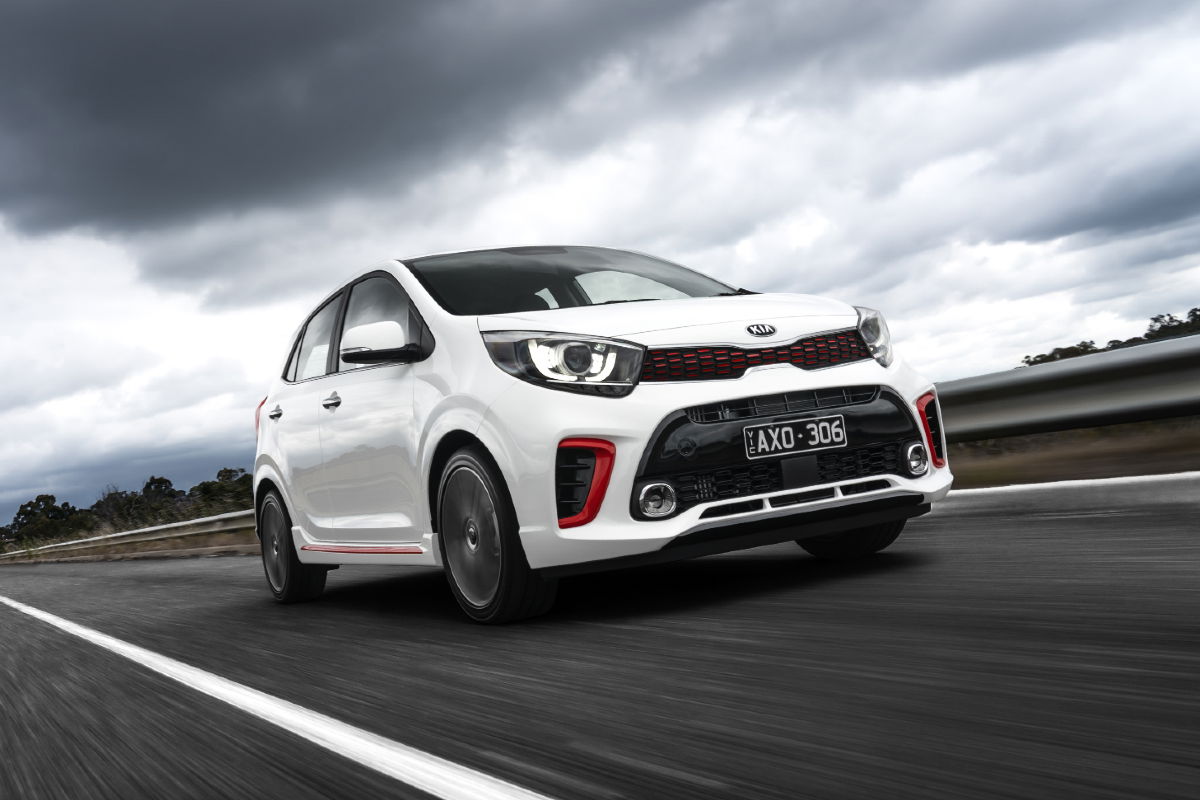



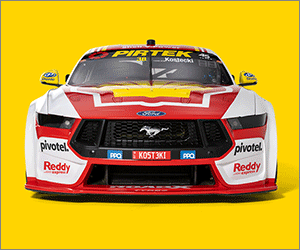




Discussion about this post